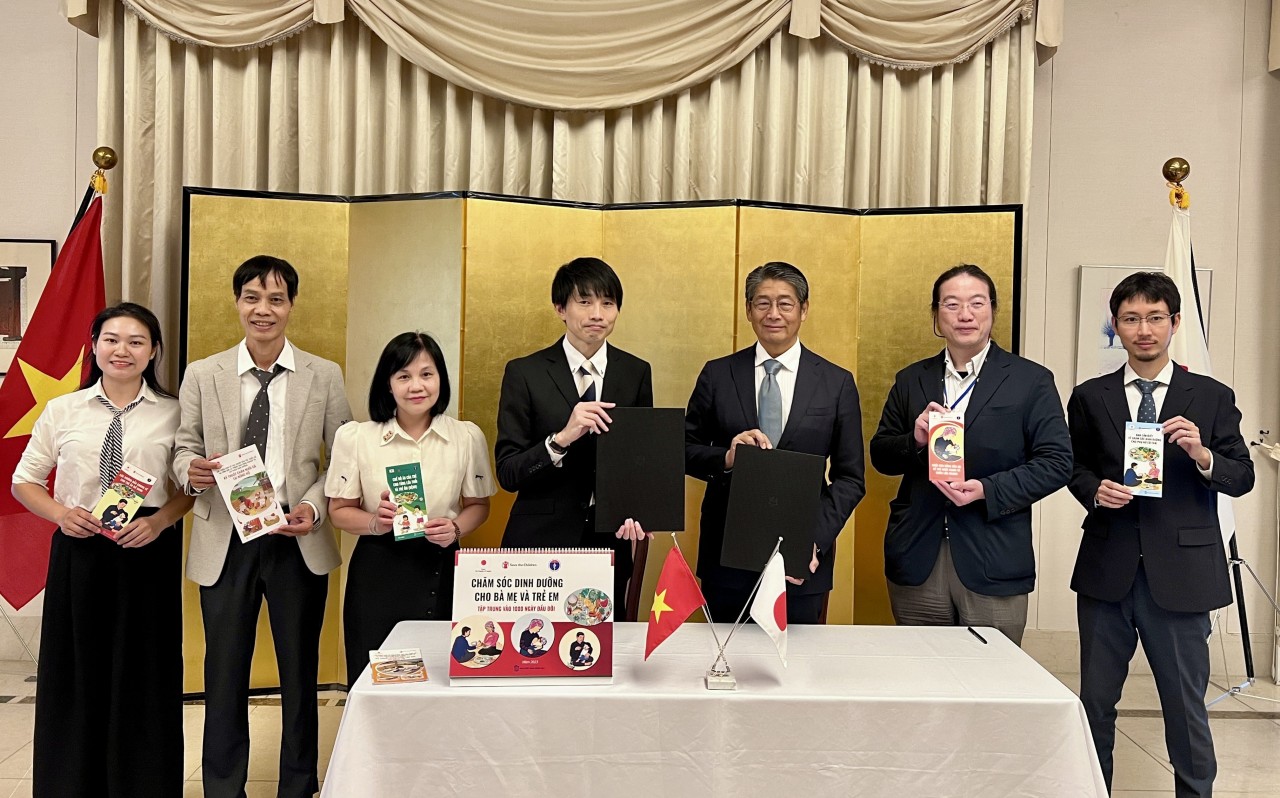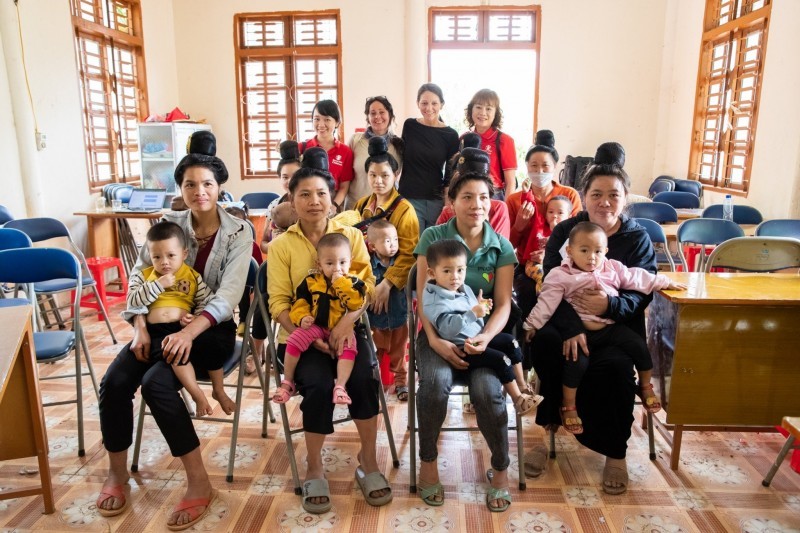Children's Rights and Business Principles (CRBP) - Sustainable Commitment for Future of Children
| Career Orientation - Paving the Way for Disadvantaged Youth | |
| Promoting Rights of Disadvantaged Children and Adolescents in Vietnam |
Social Responsibility from Coffee Plantations
As one of Vietnam’s leading coffee exporters, Simexco Daklak (Dak Lak 2-9 Export One Member Co., Ltd.) currently works with over 40,000 farming households across four provinces in the Central Highlands, covering a cultivation area of up to 48,000 hectares. The company’s coffee and pepper products are exported to more than 120 countries, including markets with high standards for social responsibility and children’s rights such as Europe and the United States.
In response to increasingly stringent requirements, Simexco proactively established a child labor monitoring system in 2020. A network of officers in charge at the raw material areas is directly connected to the company’s monitoring board. When a suspected case of child labor is identified, field officers immediately report the case for timely handling and, when necessary, refer the information to Vietnam’s National Child Protection Hotline 111.
“Our company maintains close connections with farming households, requiring them to sign commitments to comply with good agricultural practices and sustainable farming standards. Farmers are provided with training to raise awareness on preventing and minimizing child labor. However, many households still lack information and a full understanding of specific regulations,” shared Do Phuong, a representative from Simexco’s Sustainable Agricultural Development Division.
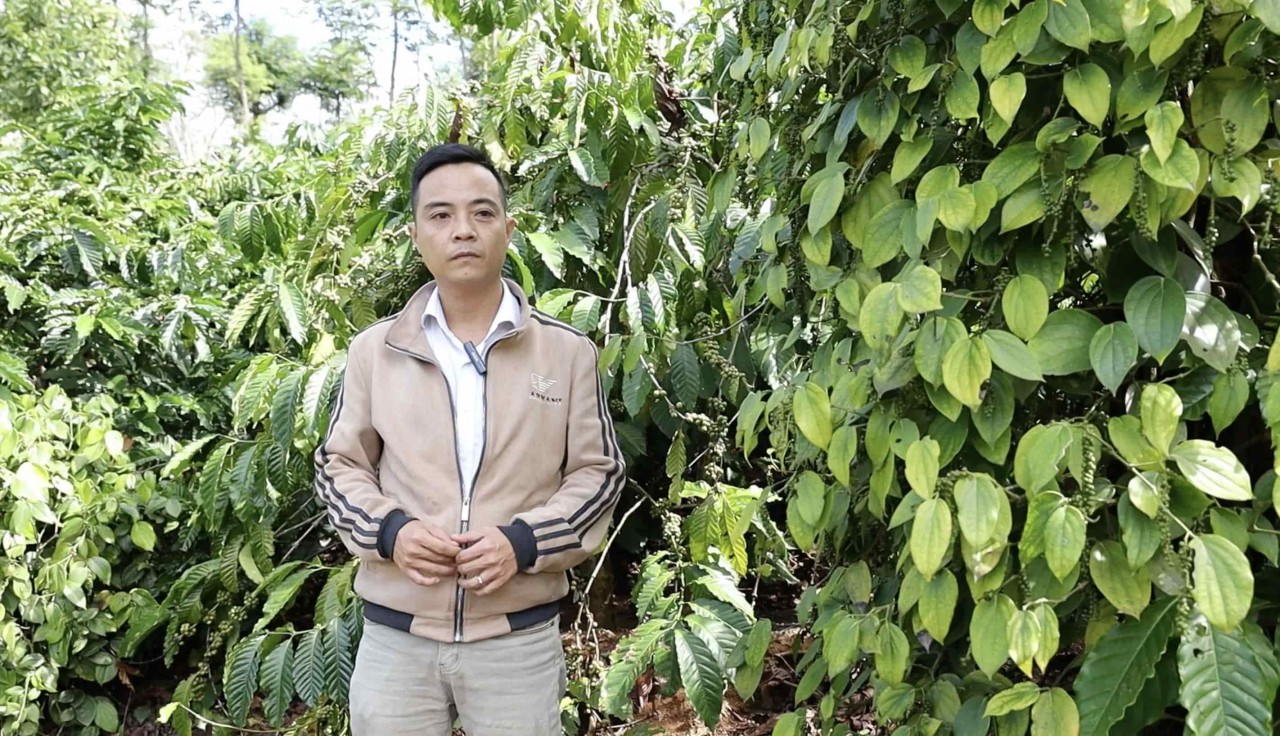 |
| Do Phuong, a representative from Simexco’s Sustainable Agricultural Development Division (Photo: Dinh Hoa) |
According to Phuong, participation in the “Strengthening Capacity and Promoting Child Protection Practices in Coffee Production” project by Save the Children (SC) presents an opportunity for the company to work alongside the project in fulfilling its commitment to responsible production, safeguarding children’s rights, and meeting international standards. This marks an important step forward, helping the company expand its impact and raise awareness among farmers in remote and underserved areas, where access to information and technical support remains limited.
Phuong expressed hope that Save the Children would continue providing technical support, particularly through training and capacity-building for local farmers, while also offering necessary tools and resources to help prevent child labor. Simexco is committed to integrating the requirements from the Children’s Rights and Business Principles (CRBP), developed by Save the Children, into supplier contracts, supplier evaluations, and farm review processes. In doing so, the company aims to affirm its social responsibility, build credibility, and enhance its competitiveness in the market.
“We believe that with the support of Save the Children, Dak Lak province can fully establish a sustainable, safe, and child-labor-free coffee supply chain,” said Phuong.
Enhancing Reputation of Vietnamese Coffee through Sustainable Commitments
Simexco Daklak is one of 12 enterprises in Dak Lak province that have committed to implementing the Children’s Rights and Business Principles (CRBP) to ensure the realization of children’s rights within the business sector. The guidelines were jointly developed by Save the Children, in collaboration with local authorities and relevant departments, based on the 2016 Law on Children and related legal documents. These efforts aim to help coffee enterprises, purchasing agents, and farming households better understand their roles in protecting children.
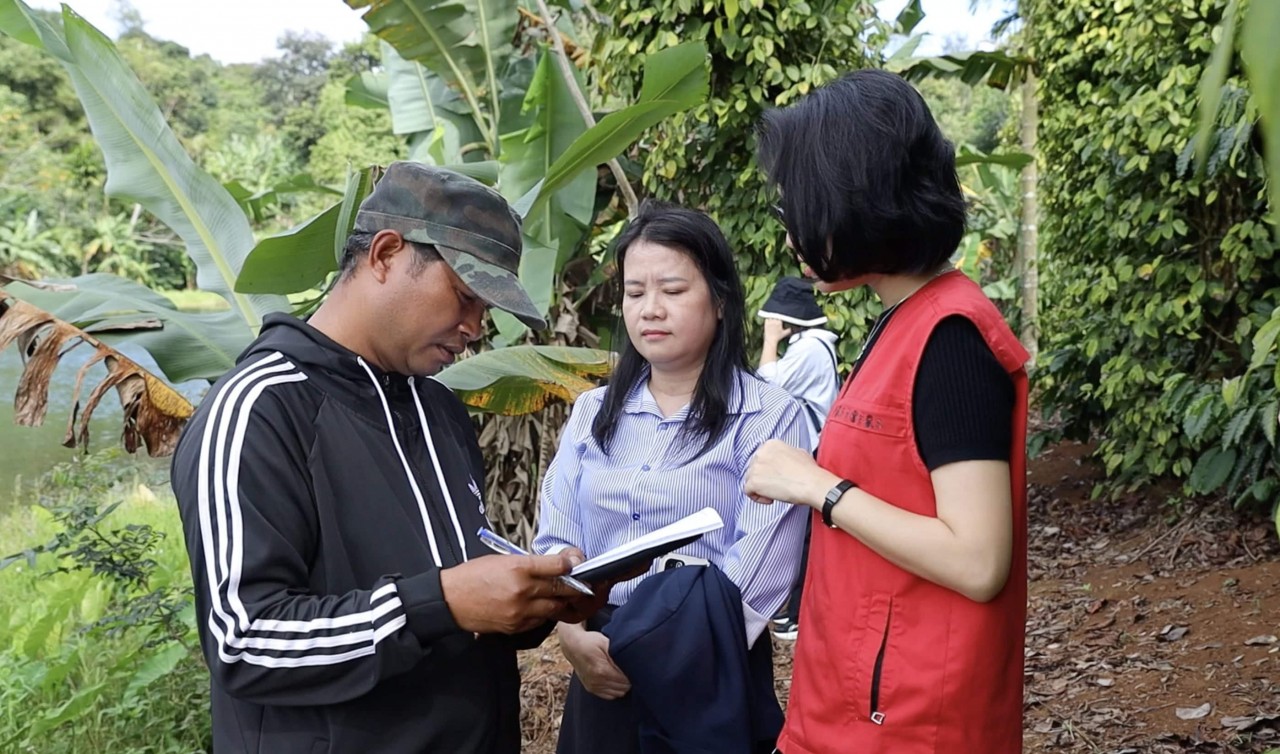 |
| Many businesses in Dak Lak province have pledged to implement the Children’s Rights and Business Principles (CRBP). (Photo: Dinh Hoa) |
According to Pham Xuan Nam, Project Manager at Save the Children, the organization is planning to develop more detailed practice-oriented guidelines based on the current CRBP framework, with implementation expected in 2025. These forthcoming guidelines will be tailored to different groups in the coffee supply chain, including exporters, purchasing companies, and farming households or cooperatives.
“The initial CRBP document was designed to cover the entire supply chain, making it quite academic and lacking in specific, practical measures that businesses and farmers can apply. Therefore, Save the Children will develop a version with clear and actionable practices for each stakeholder group. The relevant information will be presented using illustrations and simple language to make it more accessible for users,” said Nam.
The updated content will focus on providing information about child protection mechanisms at the local level, a list of hazardous and dangerous tasks for minors in the coffee industry, and a risk assessment toolkit. This toolkit will help businesses and farmers identify potential risks from heavy labor and other dangers associated with child participation in coffee production, whether on farms, in processing facilities, or at factories.
In addition to the CRBP, the project “Strengthening Capacity and Promoting Child Protection Practices in Coffee Production” includes various initiatives to enhance private sector responsibility in complying with legal standards for child protection.
According to Save the Children’s report, between 2019 and 2022, the project achieved several key milestones in raising awareness among local stakeholders and ensuring children’s right to education and protection in coffee-producing areas. Approximately 2,400 children and farming households were educated about children’s rights and received support to help uphold children’s access to education. Dozens of enterprises in Dak Lak have been informed about their responsibilities regarding child protection in the business context.
Looking ahead, Save the Children will continue to collaborate with local authorities, social organizations, and businesses to mobilize resources and pilot and scale up child protection models in coffee production. The goal goes beyond mere legal compliance; it is also about enhancing the value and global reputation of Vietnamese coffee, portraying the industry as sustainable, fair, and committed to a child-friendly future.
 |
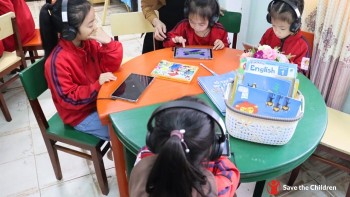 | Digital Education: Innovative Learning Solution for Ethnic Minority Children By integrating technology and education, Save the Children has been helping thousands of students overcome language barriers and ignite a passion for learning through the ... |
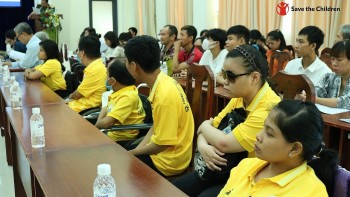 | Career Orientation - Paving the Way for Disadvantaged Youth Through a comprehensive approach, Save the Children’s projects have provided career orientation, skill development, vocational training, and livelihood support to more than one hundred thousand ... |
Recommended
 Expats in Vietnam
Expats in Vietnam
Vietnamese Tet - Where “Friends from Afar” Find a Sense of Belonging
 Viet's Home
Viet's Home
Ho Chi Minh’s Legacy in the Land of Roses - Bulgaria
 Viet's Home
Viet's Home
Vietnam Continues to Work with UNESCO to Safeguard Cultural Diversity in the Digital Era
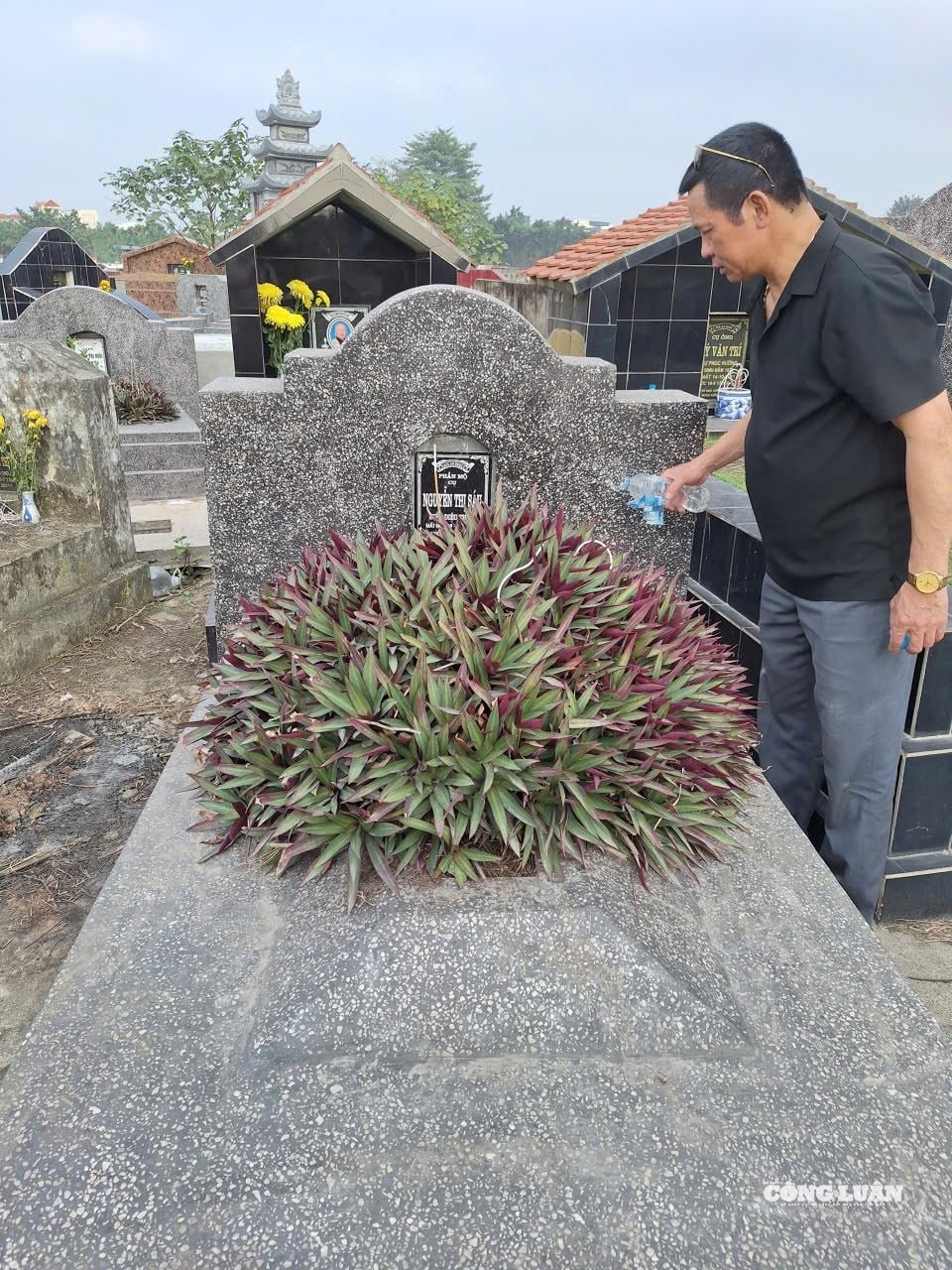 Viet's Home
Viet's Home
Inviting Ancestors Home for Tet
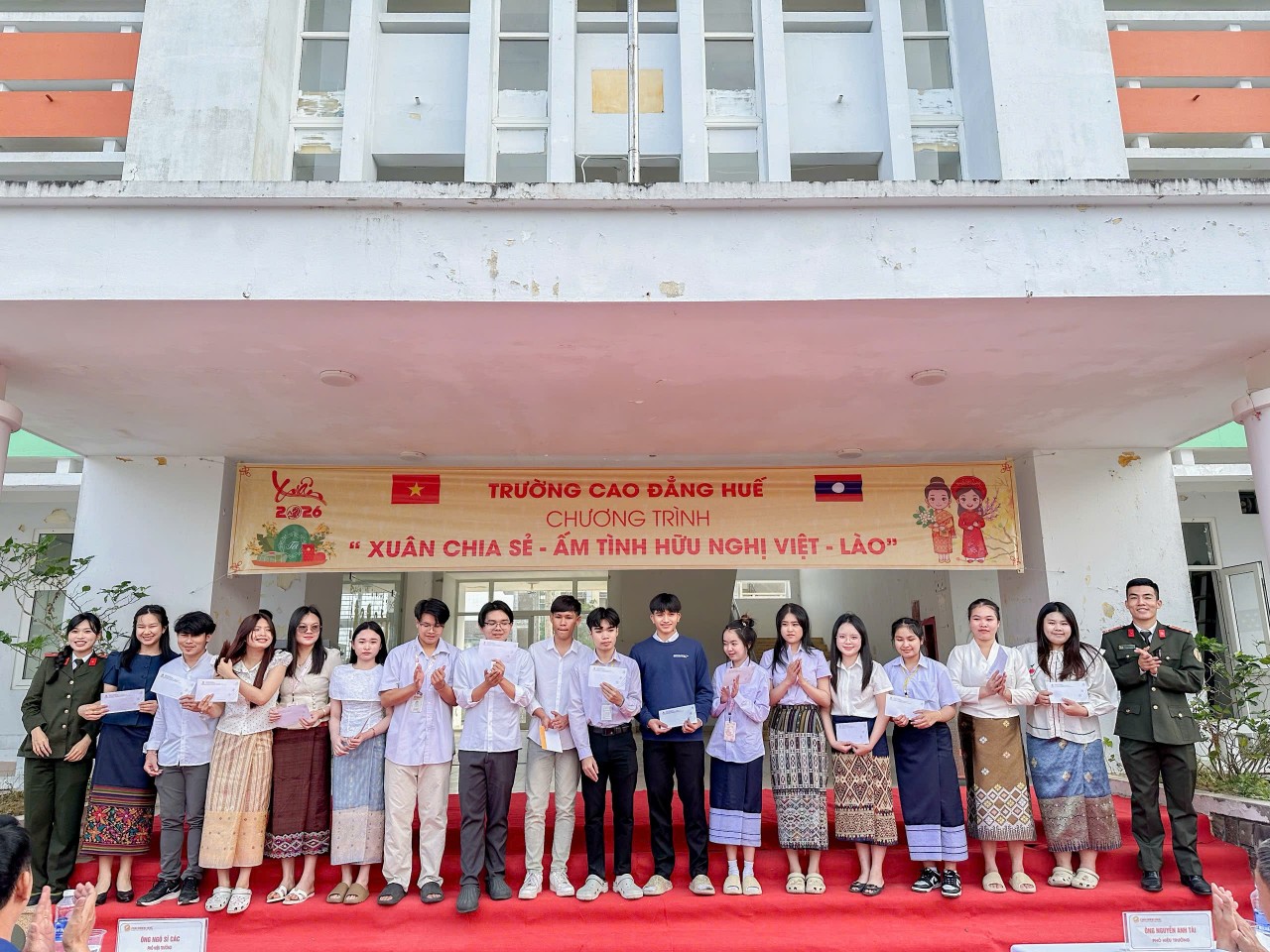 Viet's Home
Viet's Home
Universities In Vietnam Organize Tet Activities For International Students
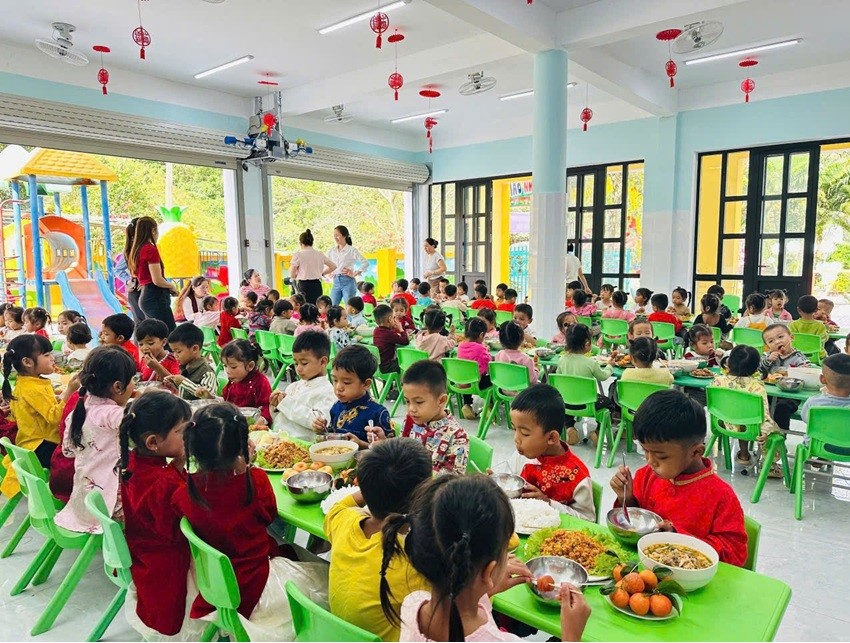 Viet's Home
Viet's Home
Zhi Shan Foundation Sent Tet gifts to Over 3,000 Children in Mountainous Region of Quang Tri
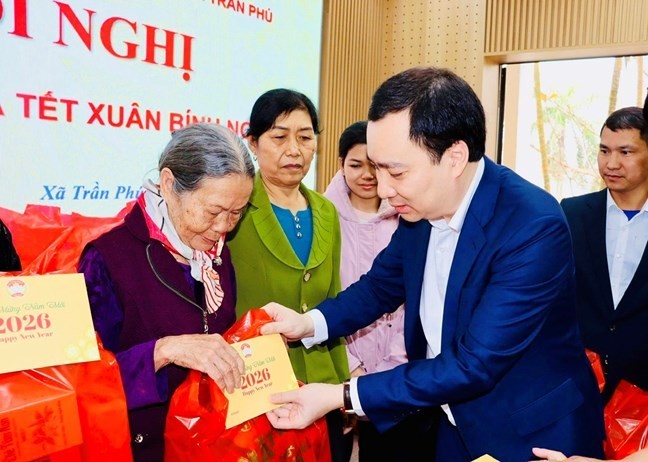 Viet's Home
Viet's Home
Hai Phong Brings Lunar New Year Gifts to Disadvantaged Families in Tran Phu Commune
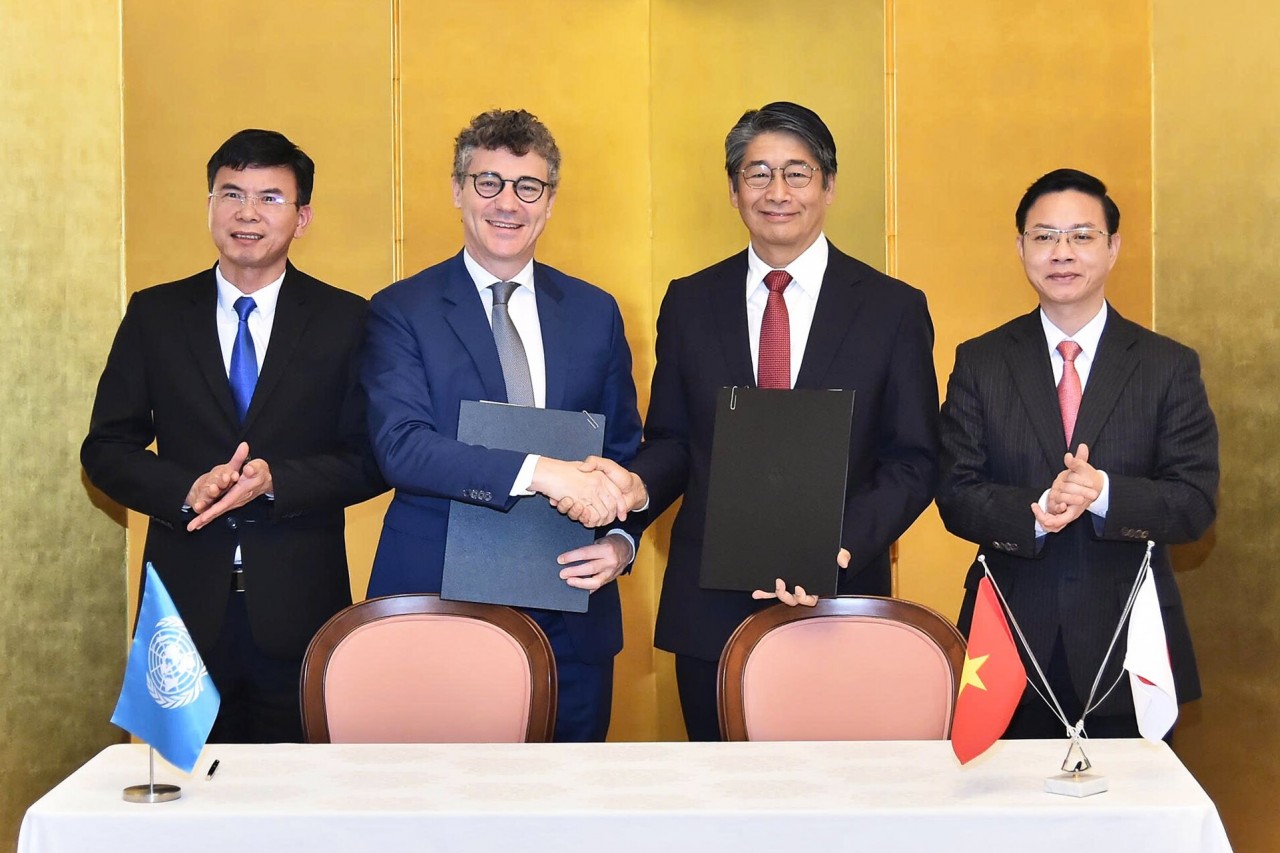 Viet's Home
Viet's Home

